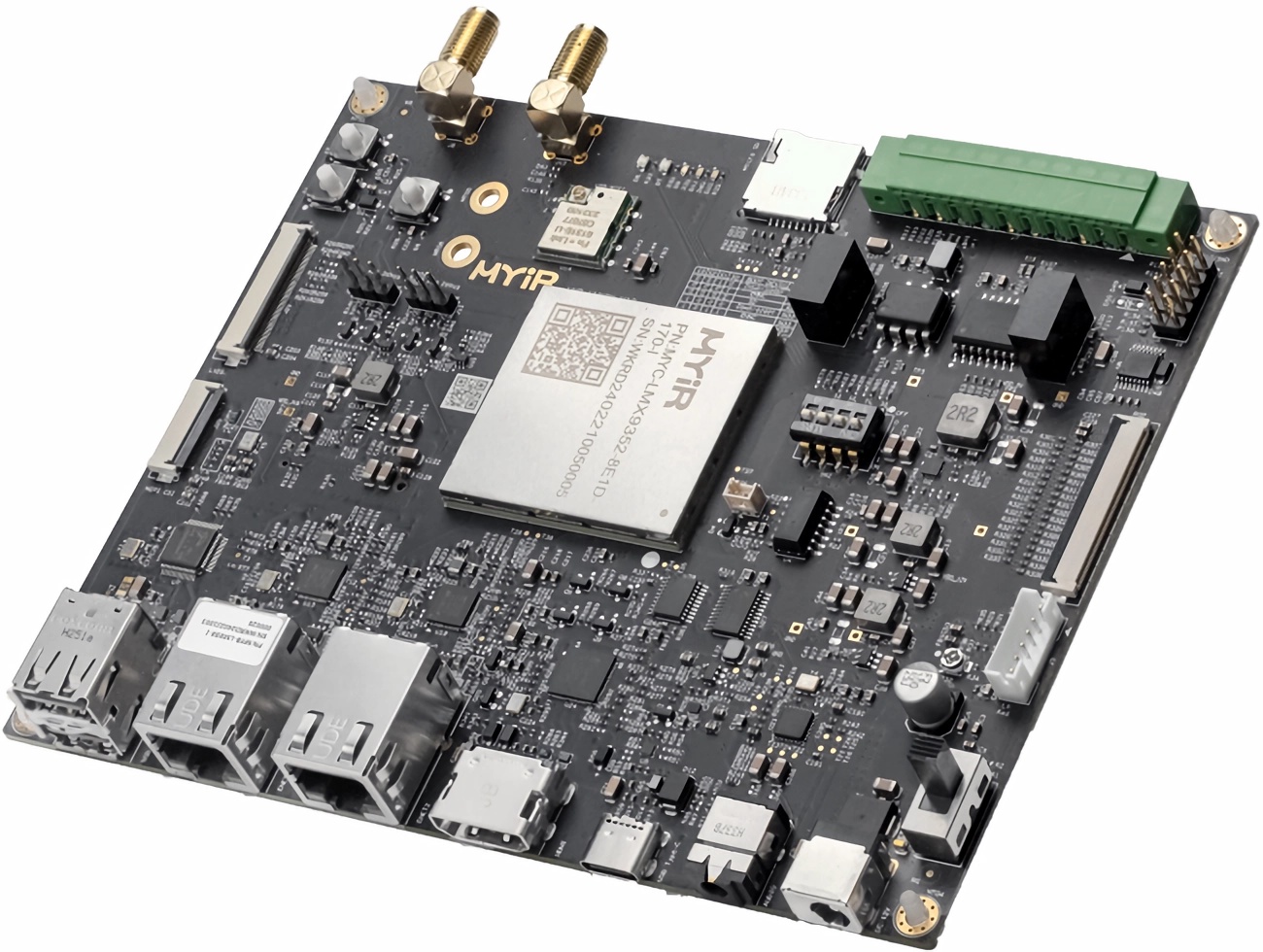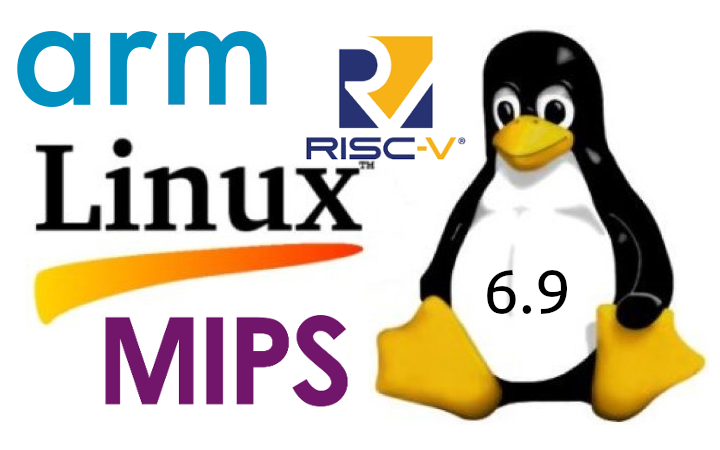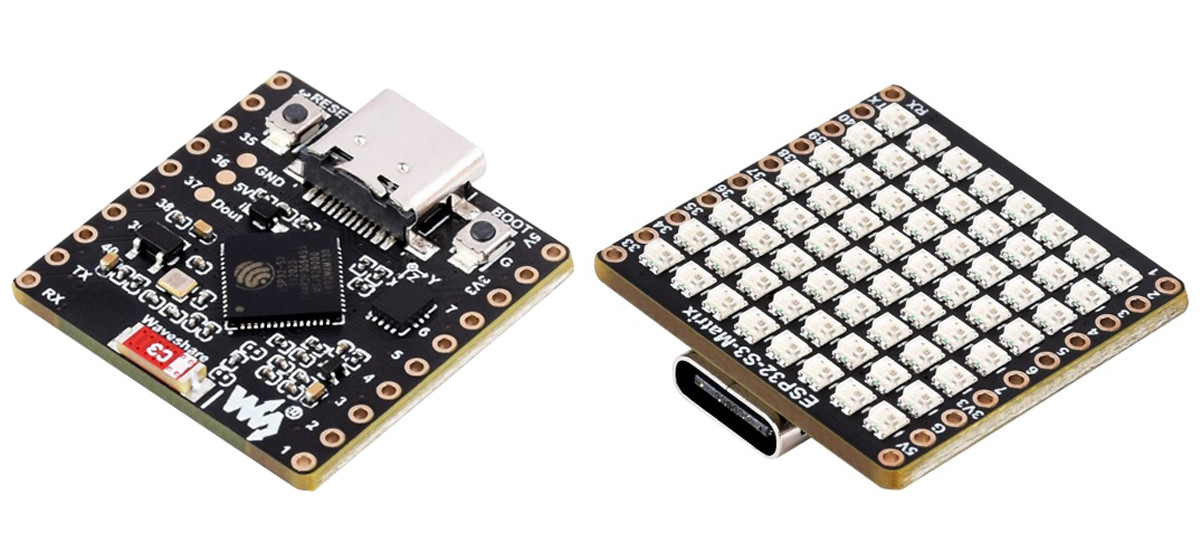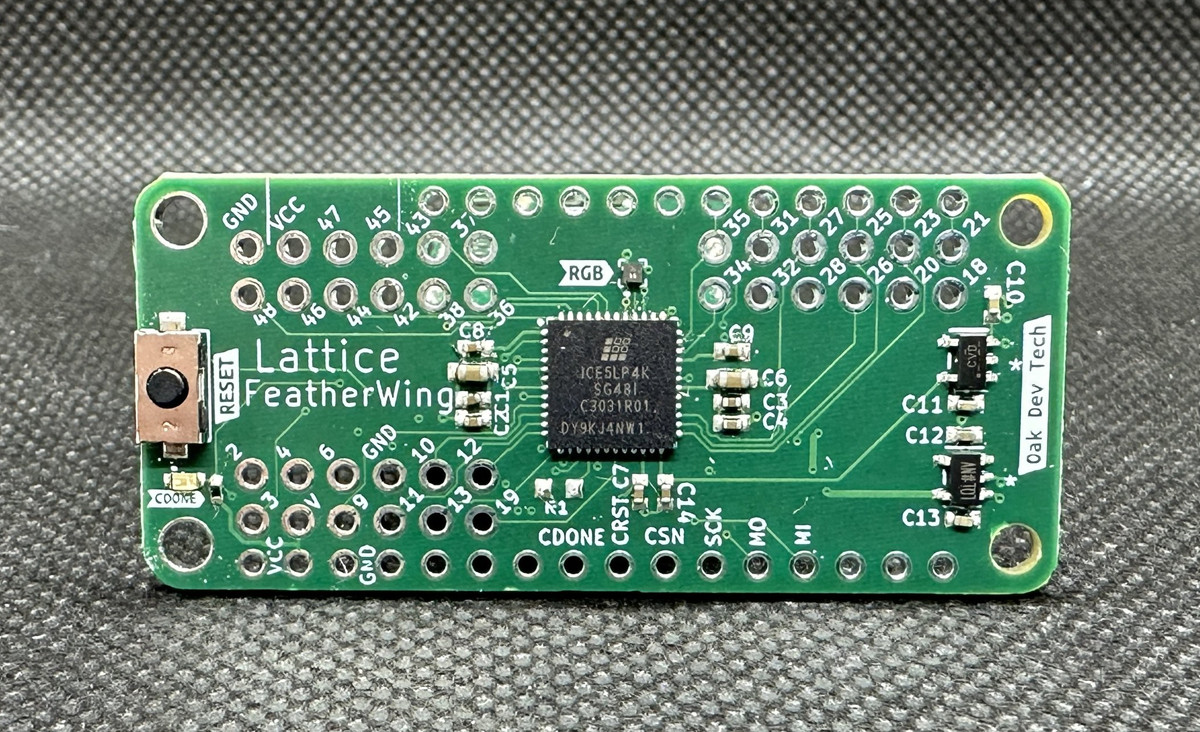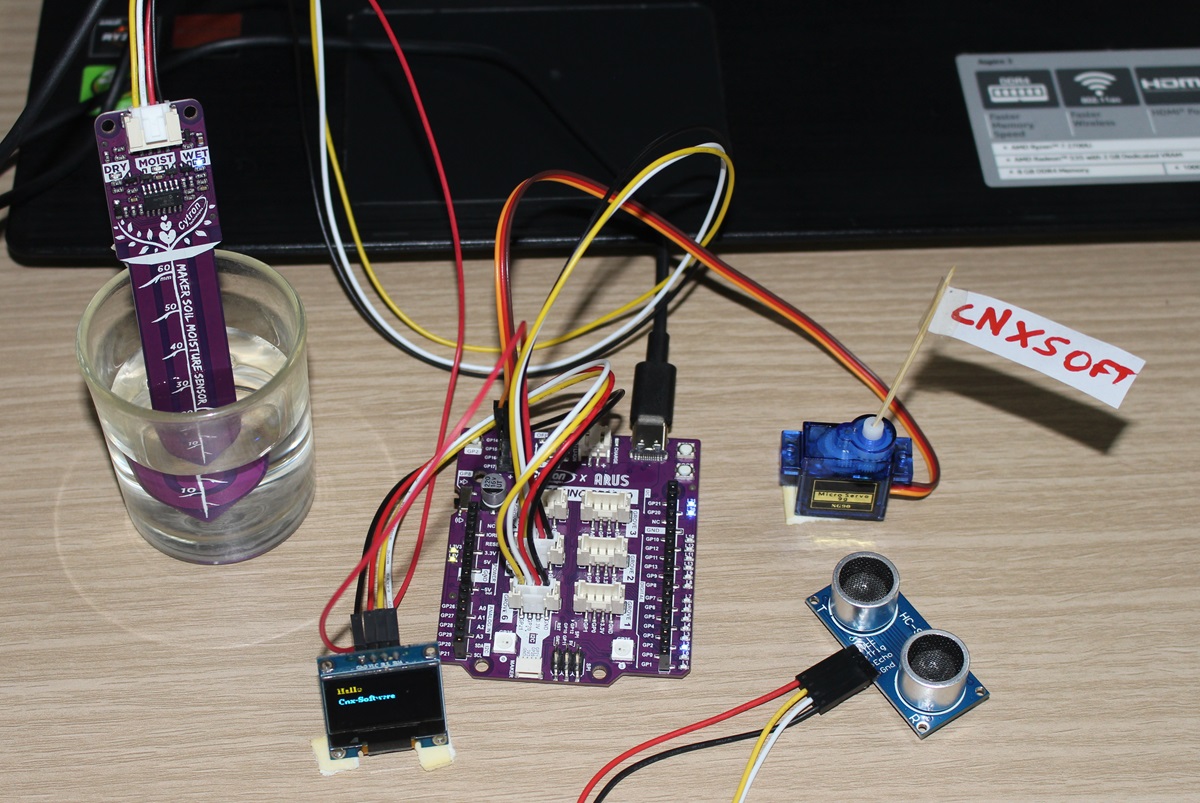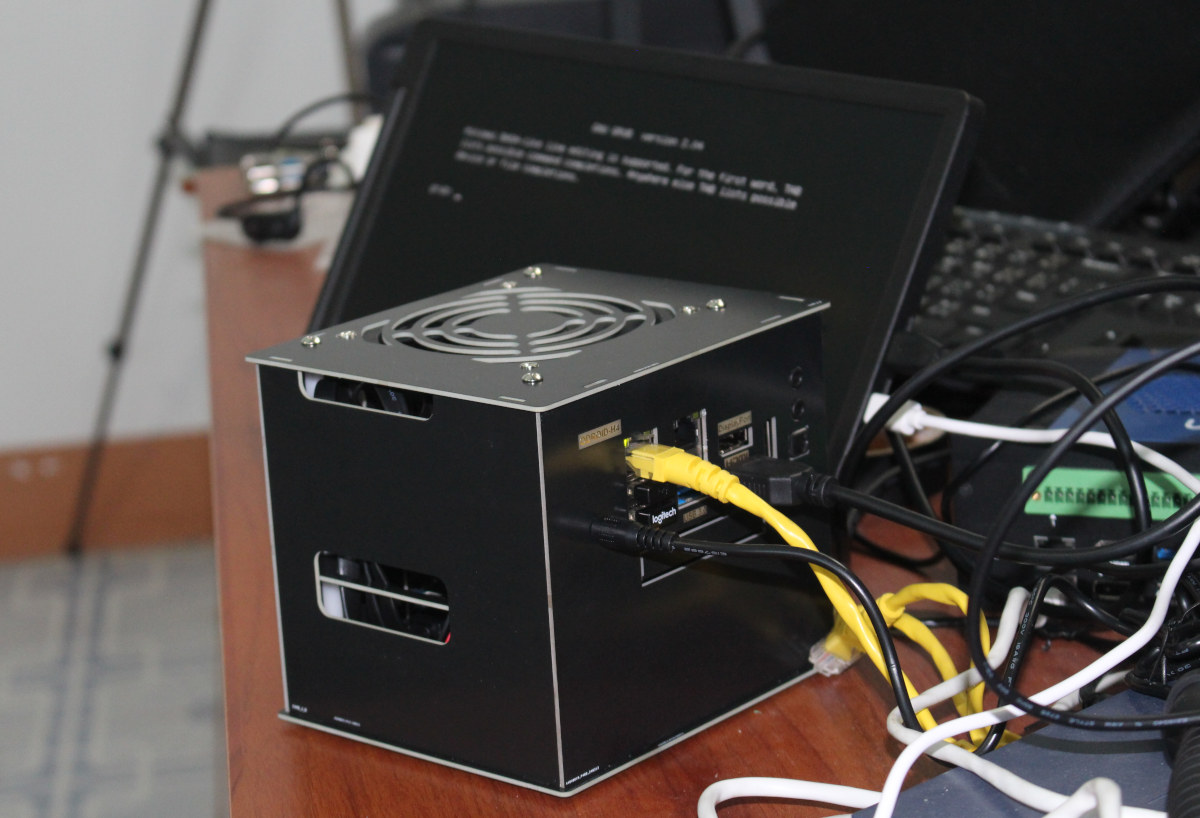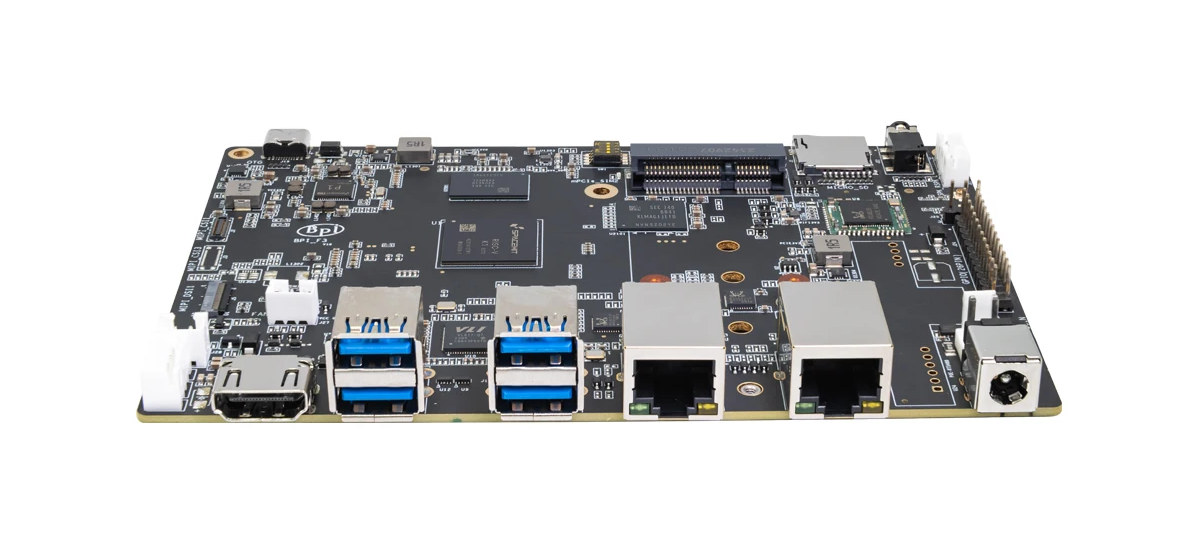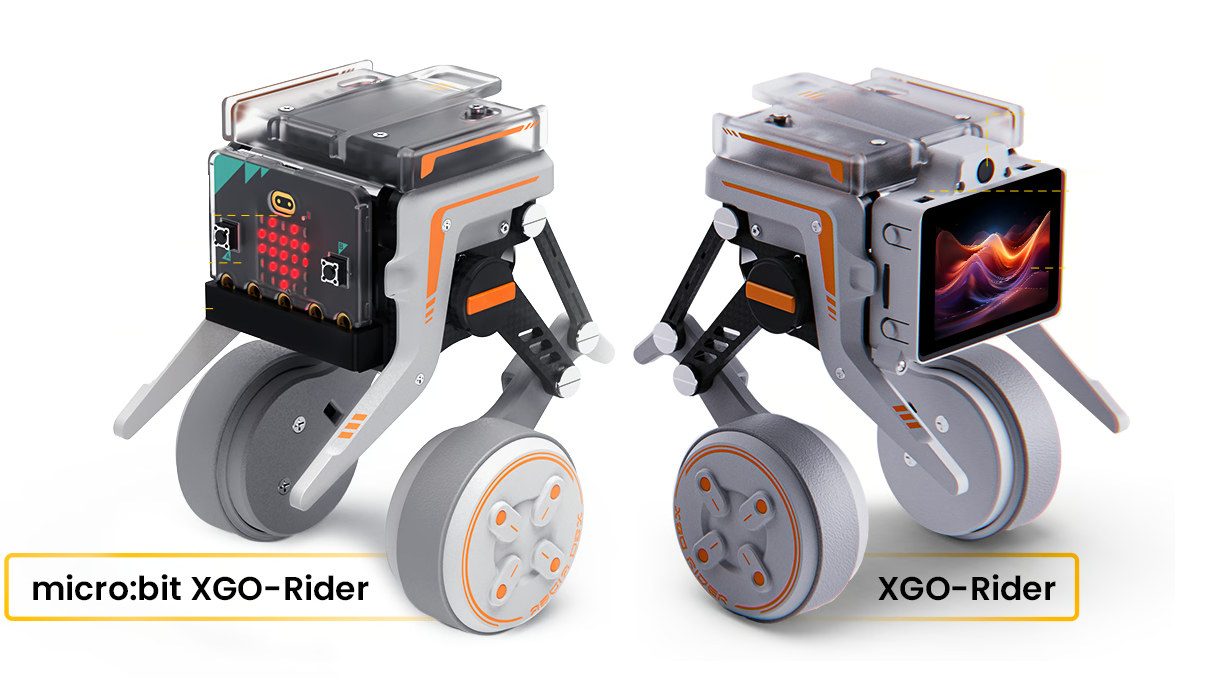We have covered announcements about early NXP i.MX 93-based system-on-modules such as the ADLINK OSM-IMX93 and Ka-Ro Electronics’ QS93, as well as products integrating the higher-end NXP i.MX 95 processor such as the Toradex Titan Evaluation kit. Three additional NXP i.MX 93 SoMs from Variscite, Dart, and Compulab are now available. Targeted at industrial, IoT, and automotive applications, the NXP i.MX 93 features a 64-bit dual-core Arm Cortex-A55 application processor running at up to 1.7GHz and a Cortex-M33 co-processor running at up to 250MHz. It integrates an Arm Ethos-U65 microNPU, providing up to 0.5TOPS of computing power, and supports EdgeLock secure enclave, NXP’s hardware-based security subsystem. The heterogeneous multicore processing architecture allows the device to run Linux on the main core and a real-time operating system on the Cortex-M33 core. The processor is designed for cost-effective and energy-efficient machine learning applications. It supports LVDS, MIPI-DS, and parallel RGB display protocols […]
Linux 6.9 release – Main changes, Arm, RISC-V, and MIPS architectures
Linus Torvalds has just announced the release of Linux 6.9 on LKML: So Thorsten is still reporting a few regression fixes that haven’t made it to me yet, but none of them look big or worrisome enough to delay the release for another week. We’ll have to backport them when they get resolved and hit upstream. So 6.9 is now out, and last week has looked quite stable (and the whole release has felt pretty normal). Below is the shortlog for the last week, with the changes mostly being dominated by some driver updates (gpu and networking being the big ones, but “big” is still pretty small, and there’s various other driver noise in there too). Outside of drivers, it’s some filesystem fixes (bcachefs still stands out, but ksmbd shows up too), some late selftest fixes, and some core networking fixes. And I now have a more powerful arm64 machine […]
ESP32-S3-Matrix board features 64 LEDs, GPIO pins, 9-axis “attitude” sensor for robotics and motion control applications
The Waveshare ESP32-S3-Matrix is a microcontroller development board designed for AIoT applications, featuring a larger 8×8 RGB LED matrix (64 LEDs) compared to the 5×5 RGB LED matrix (25 LEDs) on the ESP32-C3/ESP32 based “C3FH4 RGB” / “PICO D4 RGB” board. In addition to that the Waveshare board features two 10-headers for GPIOs, UART, and power signals, along with an integrated QMI8658C attitude sensor (9-axis IMU sensor), making it ideal for robotics and motion control projects. Recently we have seen Waveshare introduce affordable products that are perfect for embedded development like the $15 1.69-inch IPS touch LCD module, the $6.99 ESP32-C6-Pico Board, the $4.99 ESP32-S3-Tiny board and much more feel free to check those out if you are interested in those. Waveshare ESP32-S3-Matrix dev board specifications: MCU – Espressif Systems ESP32-S3FH4R2 CPU – Dual-core Tensilica LX7 @ up to 240 MHz with vector instructions for AI acceleration Memory – 512KB RAM, […]
Lattice FeatherWing – An iCE40-powered add-on FPGA board for Adafruit Feather
Oak Development Technologies has recently announced Lattice FeatherWing – An iCE40-based development board designed to be controlled by Adafruit Feather. Previously we wrote about the IcyBlue Feather V2, a standalone development built around a Lattice Semi iCE5LP4K FPGA. But this FeatherWing board is designed to add functionality to your existing Adafruit Feather board. The Lattice FeatherWing expands your Adafruit Feather with a Lattice iCE5LP4K FPGA. It connects and gets programmed over SPI so you can use all the FPGA’s GPIO pins through the header blocks. There’s also a built-in RGB LED directly connected to the FPGA’s open-drain pins, for visual feedback. Previously, we have written about many Lattice Semi FPGA-based development boards, such as the tinyVision.ai Pico-Ice board, Silicon Witchery S1, and ULX3S Education Board. Feel free to check those out if you want a standalone FPGA board. FPGA – Lattice Semi iCE40 Family ICE5LP4K-SG48ITR Logic Cells – Approximately 3520 logic cells Memory – 80 Kbits […]
Maker Uno RP2040 review with Arduino IDE using micro servo, soil moisture sensor, ultrasonic sensor, and I2C OLED modules
Today, We will review the Cytron Maker Uno RP2040 development board combining the Arduino UNO form factor with the Raspberry Pi RP2040 microcontroller that makes it programmable with the Arduino IDE (C/C++), Micropython, or CircuitPython. The board is suitable for both beginners and advanced users with a convenient port layout that includes a “Maker” connector plus six Grove connectors for sensor modules and a header for four servos besides the Arduino UNO headers. The board offers two power options: USB (5V) via the USB-C connector or a single-cell LiPo/Li-Ion battery via the LiPo connector. Cytron Maker Uno RP2040 specifications SoC – Raspberry Pi RP2040 dual-core Arm Cortex-M0+ processor @ up to 133 MHz with 264 KB SRAM Storage – 2MB flash USB – USB-C port for power and programming Expansion Arduino UNO headers for shields 6x Grove Ports (Digital I/O, PWM Output, UART, I2C, Analog Input) 1x Maker port compatible […]
ODROID-H4+ kit review – Part 1: Unboxing, H4 Type 3 case assembly, and first boot
I’ve just received a kit comprised of an ODROID-H4+ SBC along with a Type 3 enclosure taking up to four 2.5-inch SATA drives and related accessories for review. I’ll start with an unboxing, followed by an assembly guide, and a quick first boot in the first part of the review, before testing performance, features such as IBECC memory, power consumption, and more in the second part of the review. ODROID-H4+ kit unboxing The package I received included small packages for the “H4 Type 3” enclosure and the ODROID-H4 PLUS SBC, a 15V/4A (60W) power supply with US plug adapter, a large fan with screws, as well as four sets of SATA data and power cables. We’ve already provided the ODROID-H4, H4+, and H4 Ultra specifications in the announcement post, but let’s have another quick look at the Intel Processor N97 fanless SBC. The rear panel comes with a DC jack, […]
Banana Pi BPI-F3 SBC features SpacemIT K1 octa-core RISC-V AI SoC
Banana Pi BPI-F3 single board computer (SBC) is powered by the same SpacemiIT K1 octa-core 64-bit RISC-V SoC with 2TOP AI accelerator found in the upcoming Muse Book RISC-V laptop. The board comes with up to 4GB RAM and 16GB eMMC flash, supports NVMe or SATA storage via its M.2 socket, is equipped with HDMI and MIPI DSI display interfaces, two MPI CSI camera interfaces, two gigabit Ethernet ports, a WiFi 5 and Bluetooth 4.2 module, and can also take a PCIe module for 4G LTE cellular connectivity. Other features include four USB 3.0 Type-C ports, a microSD card slot, a 26-pin GPIO header, and optional support for PoE. Banana Pi BPI-F3 specifications: SoC – SpacemiT K1 CPU – 8-core X60 RISC-V processor with single-core performance equivalent to about 1.3x the performance of an Arm Cortex-A55 GPU – Imagination IMG BXE-2-32 with support for OpenCL 3.0, OpenGL ES3.2, Vulkan 1.2 […]
XGO-Rider is a 2-wheel self-balancing robot with an ESP32 controller plus either a Raspberry Pi CM4 or BBC Micro:bit (Crowdfunding)
XGO-Rider is a two-wheel self-balancing robot with an ESP32 controller for motor and servo control, USB-C charging, etc… and a choice between a Raspberry Pi CM4 module or a BBC Micro:bit board for display, audio, and camera (CM4-only). It’s not the first robot from Luwu Intelligence, since the company launched the XGO-Mini robot dog in 2021, followed by the XGO 2 Raspberry Pi CM4-powered desktop robotic dog with an arm which we reviewed last year. The new XGO-Rider builds on these earlier models but in a different form factor moving from four-legged robots to a 2-wheel self-balancing robot design with many of the same features including AI vision running on the Raspberry Pi CM4. XGO-Rider specifications: Host controller (one or the other) Raspberry Pi CM4 with 2GB RAM + ESP32 for main control, USB-C charging port, DIP switch BBC Micro:bit V2 + ESP32 for main control, USB-C charging port, DIP […]


